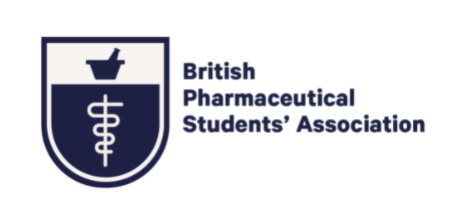The Global Goals and Pharmacy
It is an exciting time to be a pharmacist or pharmacy student in the UK. We hosted the FIP World Congress this year and are seeing greater and more diverse options generated for us as a profession. GP surgeries, care homes, CCGs – the dynamism within the profession and the new FIP focus on the pharmacist as ‘Your medicines expert’ consolidate our value to our fellow healthcare professionals and most importantly, our patients.
I was very fortunate to attend the FIP World Congress and one of my enduring memories from that fantastic week was the opening address given by the immediate past president of FIP, Carmen Peña. Speaking to the delegation with conviction and passion, Dr Peña addressed an issue that I believe is central to not only pharmacy, or even healthcare but social responsibility. The UN Sustainable Goals, commonly referred to as the Global Goals, are a list of 17 proposals and actions that, when achieved, will eradicate extreme poverty in the world. Eradicate extreme poverty.
First introduced to me in my first year at university, the global goals have been a focal point for guiding me to wishing to pursue a career in global access to medicines. Global goal 3 is the most pertinent from a pharmacy perspective: Good health and well-being. For all the innovations I mentioned earlier, there are parts of the world where millions of lives are lost to preventable illnesses. Millions of lives that pharmacists are equipped to save. Countries undergoing economic transition, reclassification from low to middle income, find themselves struggling to implement sustainable healthcare with increased financial burdens and responsibility.
Pharmacists are advocates, for medicines use and the recognition of our role. Why then, are pharmacists not advocates for government to support foreign governments in the design and successful introduction of sustainable healthcare programmes? Antimicrobial resistance does not respect international borders. Neither does the creation and distribution of fake medicines. It is unacceptable that in the 21st century inequality is as grossly polarising in society as it is. Strong leadership is necessary to drive change, and I know many colleagues in the world of pharmacy who possess the necessary courage and passion to achieve the Goals. The pursuit of any cause is made not because the outcome is easily attained, but rather that it is the right thing to do. Dr Peña summarised this sentiment perfectly in Glasgow:
“Access to medicines is justice, not charity.”
I believe pharmacists and pharmacy students can, should, and will play a vital role in achieving the Global Goals, ensuring sustainable infrastructure and accessible medication for all, irrespective of one’s nationality or culture.
For more information click on the below link:
https://www.globalgoals.org/

